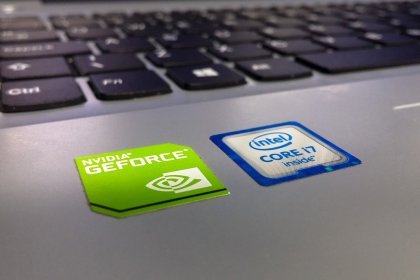NVIDIA and Arm entered into a partnership with a view to make intelligent products more available for consumers all over the world.
NVIDIA and Arm have revealed their plans to establish collaboration with a view to integrate deep learning inferencing technology into consumer electronics, mobile, and Internet of Things devices that will be presented on the global marketplace.
Under the terms of this partner cooperation, NVIDIA and Arm will combine the capacities of the open-source NVIDIA Deep Learning Accelerator (NVDLA) architecture and Arm’s Project Trillium platform for machine learning.
As a result, it will facilitate integration of AI technology into developments and designs of IoT chip companies. And moreover, this partnership will make intelligent, innovative products more available for a great number of consumers all over the world.
“Inferencing will become a core capability of every Internet of Things device in the future”, vice president and general manager of Autonomous Machines at NVIDIA Deepu Talla explained. As the Internet of Things itself is aimed at making simple objects that are around us every day smart and connecting them with the help of sensors, processors and other electronic items.
In his turn, Rene Haas, executive vice president, and president of the IP Group, at Arm, said: “Accelerating AI at the edge is critical in enabling Arm’s vision of connecting a trillion IoT devices. Today we are one step closer to that vision by incorporating NVDLA into the Arm Project Trillium platform, as our entire ecosystem will immediately benefit from the expertise and capabilities our two companies bring in AI and IoT.”
NVDLA, that is the most powerful autonomous machine system on a chip in the world, is based on NVIDIA® Xavier™ AI chip. It represents itself a free and open architecture that is able to promote a standard way of creating deep learning inference accelerators. NVDLA’s modular architecture has such advantages as scalability, high configurability and capacity to facilitate portability and integration.
NVDLA can boast strong capacities to accelerate process of adoption of deep learning inference. It is possible due to appliance of NVIDIA’s powerful developer tools. Among these tools are upcoming versions of TensorRT, that is a programmable deep learning accelerator. Thanks to the open-source design, cutting-edge innovative features as well as contributions and developments from the research community can be added on a regular base.
The integration of NVDLA with Arm’s Project Trillium will provide deep learning developers with the highest levels of performance as it will become possible to implement Arm’s flexibility and scalability to the wide range of IoT devices of different kinds.
Experts believe that it is one of the most promising and interesting ideas of NVIDIA among those that have been recently announced. NVIDIA usually is involved in AI developments that are implemented in such objects likes drones or robots. But in this case NVIDIA’s technology can be applied for much smaller devices as household equipment and smartphones. That’s why it is believed that this collaboration will really open new opportunities for the partners.
next